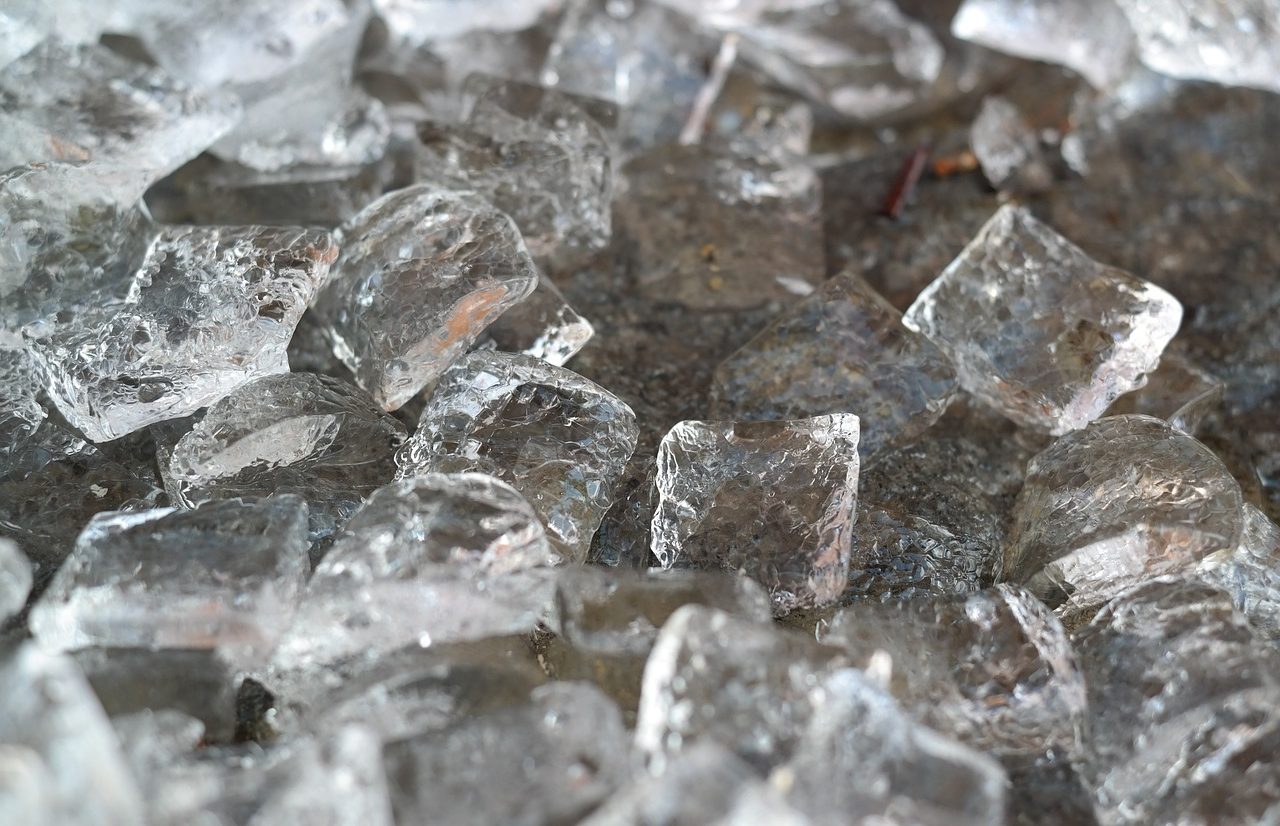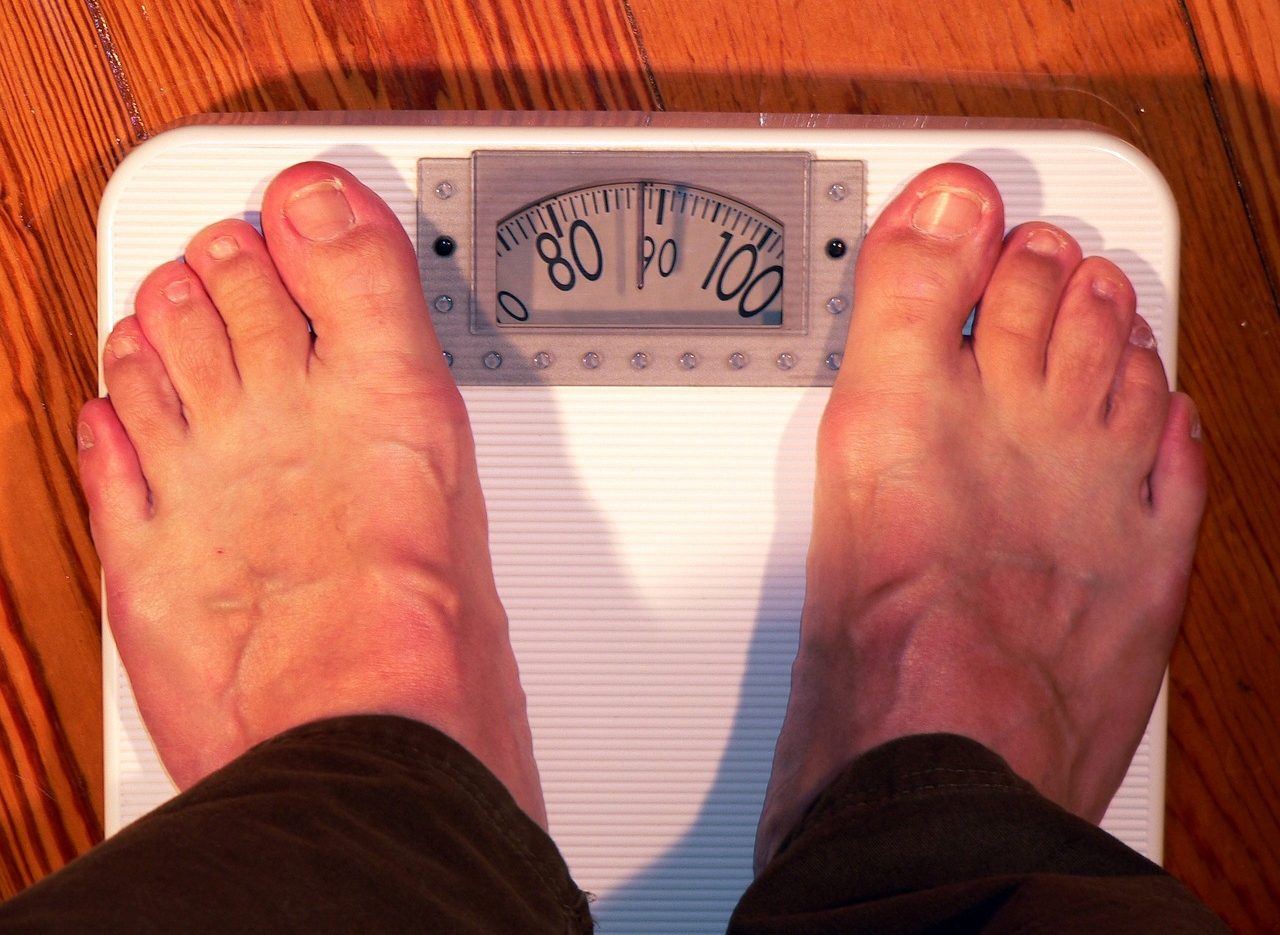
A physical change can consist of modifying the state of a matter.
Physical change is a notion that has two broad meanings. On the one hand, it is used to name the variations in physical magnitudes that are recorded in a substance. On the other hand, the idea of physical change can refer to changes in the body of a human being .
Changes in the state of matter are examples of physical changes. When frozen water is subjected to heat and melts, becoming liquid, a physical change in this substance is generated. However, its chemical composition remains the same: its molecules are still made up of one oxygen atom and two hydrogen atoms. The same thing happens if the liquid is heated until it evaporates and turns into a gaseous state. There another physical change of water occurs without there being a chemical modification.
Physical change as a variation of state
The human being makes extensive use of the physical changes of matter, both the basic ones (such as those mentioned in the previous paragraph) and the most difficult to replicate. In our homes we boil and freeze water every day, generally without being aware that we are witnessing - and causing - phenomena that belong to the scope of one of the most significant sciences for our species.
Among the most common changes of state is magnetism , a phenomenon that we can also appreciate on a daily basis. It is a process that, like the change of state that takes water from being a liquid to ice or vapor, does not affect the chemical composition of the iron materials.
On the other hand, we have crystallization , which occurs in a large number of compounds and chemical elements, such as carbon, which can be found in various forms, such as graphite and diamond. Some of the physical properties that undergo important modifications in metals that can form crystals are ductility and strength.
The separation of certain compounds, by means of a method such as evaporation or fractional distillation, is also part of the set of physical changes, since it does not entail an alteration in the physical composition of the compounds involved.

An overweight person may seek a physical change.
Changes in a person's appearance
Regarding the physical change of a person, it is noticed from the evolution of their appearance . The process that leads a child to become a teenager generates an obvious physical change: their height grows, muscles develop, hair appears in areas of the body where there was none before, etc.
A man who undergoes liposuction and begins training in a gym three times a week is likely to achieve significant physical change in the medium term. A woman who undergoes cosmetic surgery and considerably increases the size of her bust through silicone implants also causes a physical change, in this case immediate.
Physical change can also be for the worse, and in both cases there are two points of view from which we can analyze the situation: that of health and that of conventions. Taking drugs to shape the body can bring good aesthetic results, but at the same time damage the body, just as a drastic change in body weight can affect both areas.
For society in general, being overweight is synonymous with ugliness, it is a characteristic that negatively affects a person's appearance; However, what should really matter to us is health. Any extreme can be negative, both excessive weight loss and obesity , regardless of the opinion held by those who direct aesthetic trends. Therefore, the way to assess a physical change varies depending on the point of view.
